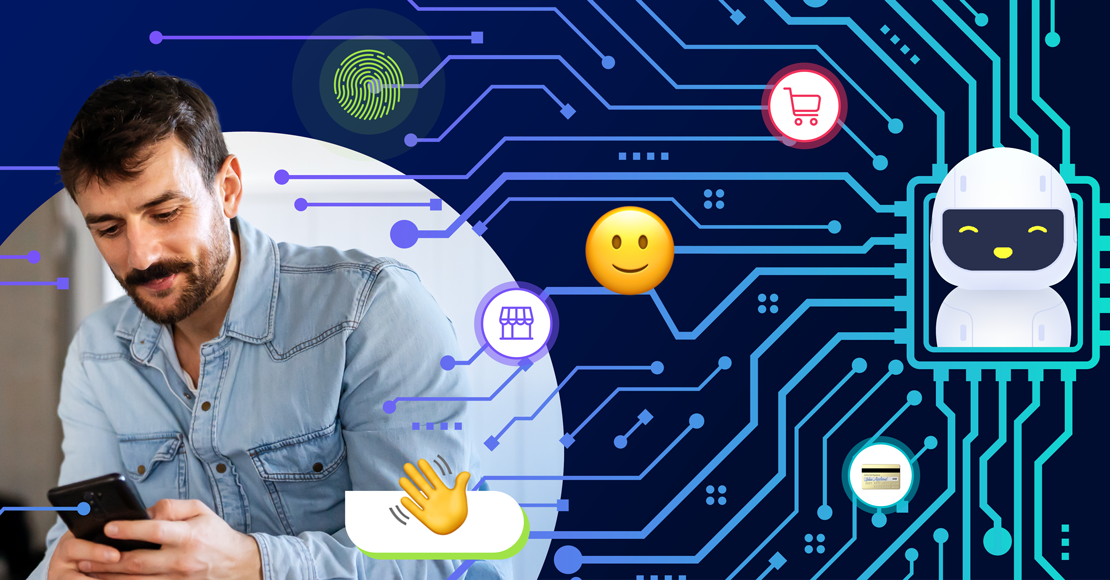
Smart home assistants
The idea of face-scanning to enter your home might seem like something out of a science-fiction movie. But it could soon be a reality, if Facebook’s Mark Zuckerberg has any say. Homes, of course, have been progressing alongside all other important assets of life, like phones and cars. With automatic doors, lights and a range of other features, modern homes are wonders of tech progress and design. But what can a smart home assistant do for you? It’s also important to question the impact of home automation systems on business.
What is a smart home assistant?
Smart technology is one way of describing devices connecting to the internet. A smartphone, for example, is a mobile phone that has an operating system allowing the user to operate online applications. The smart home lets you control a range of connected devices in your home from your smartphone. From lights to alarms, the idea is that as long as both your home and your phone are connected to the internet, you have control. Connecting the devices and appliances in your home so that they can communicate with you, and with each other, is a lot easier than you think.
Just as there are virtual assistants like Siri and Cortana designed to aid smartphones and tablet users, a smart home assistant to aid home automation makes sense. This is what Mark Zuckerberg’s idea is.
He’s been building an artificial intelligence bot that’s learning his specific preferences and tastes, then transferring this into data to affect his home. As Business Insider reported, Zuckerberg said: "It just sees my face and it lets me in… I got it to this point where now I can control the lights… I can control the gates. I can control the temperature… because it is programmed to only listen to my voice.”
In summary, a smart home assistant would aid the functionality of your smart home the same way Window’s Cortana aids users of Microsoft smartphones.
Home automation is the future
According to Statista figures, there will be about 82.5 million home automation systems by 2021. This is the broad term describing systems in the home that do not require human interaction in order to work, such as automatic lights, windows and so on. This is clearly a growing market, particularly as so much of it is designed to make homes more energy efficient.
And, Earth 911 importantly points out, home automation systems reduce energy consumption, resulting in greater savings for the home user. Though these systems might initially be costly to set up, they can pay themselves off in the long run by lowering your monthly bills.
Combining home automation and smart home systems creates a home that is highly efficient. Either you can operate important functions from a distance or you can rest knowing functions are run by energy-efficient systems.
Businesses with their finger on the pulse of new technologies must note these growing trends focused on homes. Of course, there are unique concerns with smart homes. But this should not stop people investing in these to make people’s lives more efficient. Read more about the pros and cons of smart homes and ensure that you’re equipped for the future before it arrives.
Explore other articles
Step into the future of business messaging.
SMS and two-way channels, automation, call center integration, payments - do it all with Clickatell's Chat Commerce platform.








